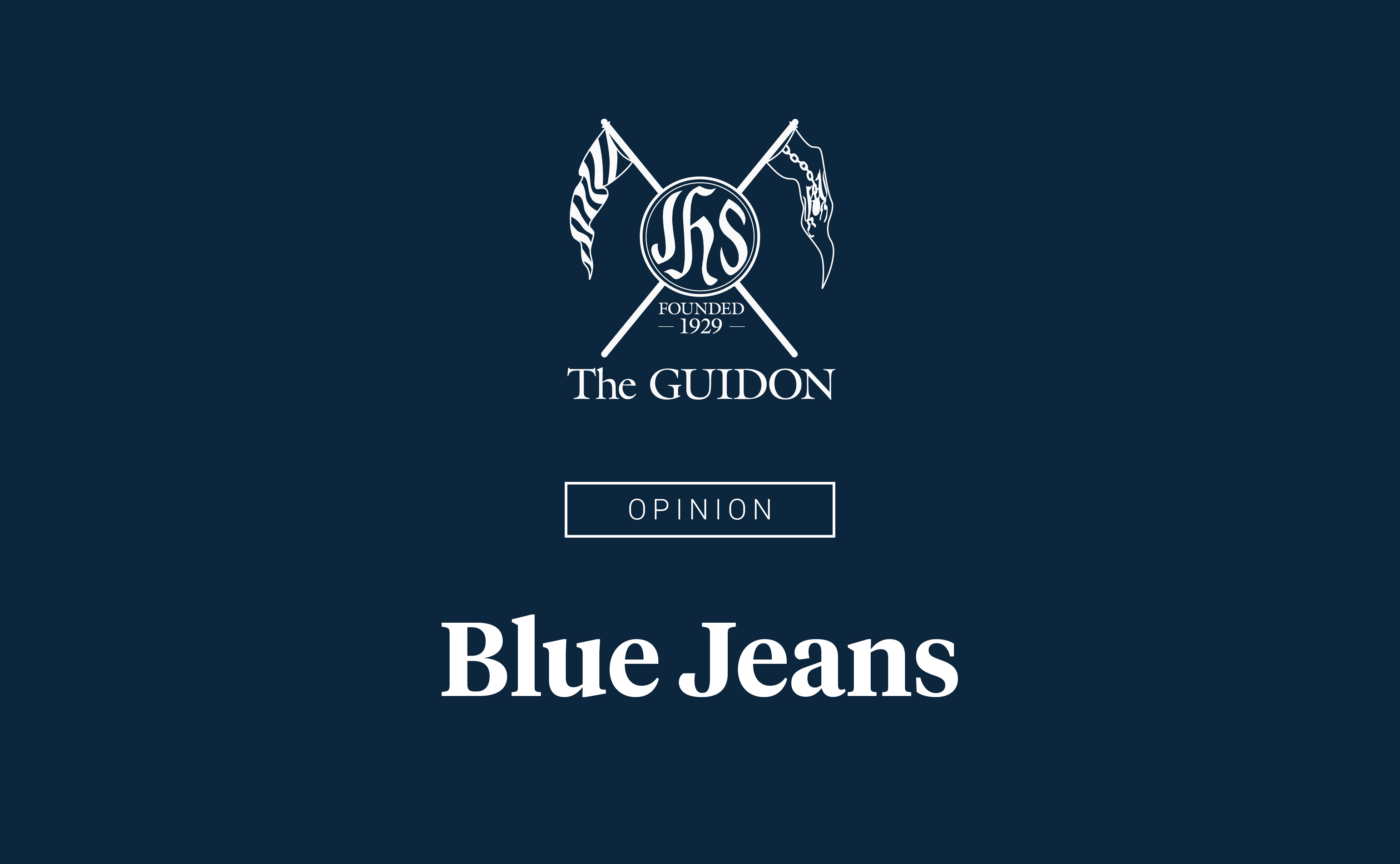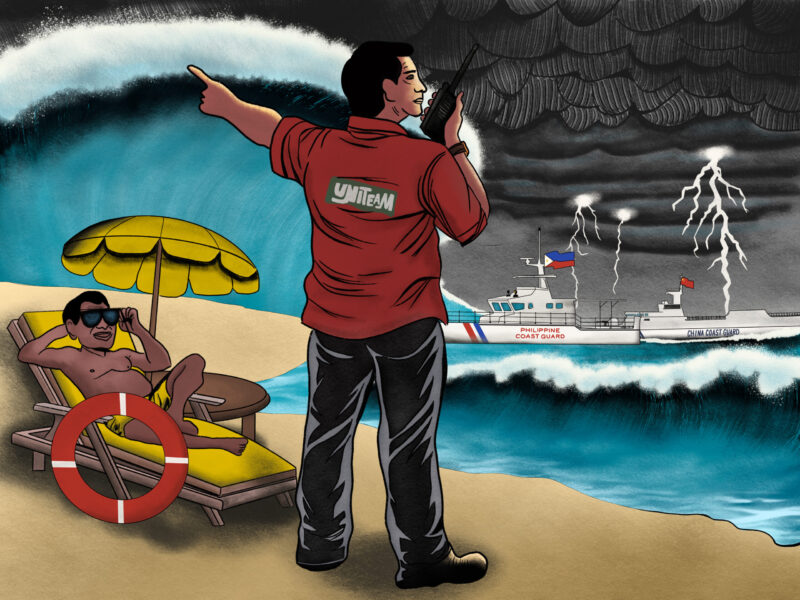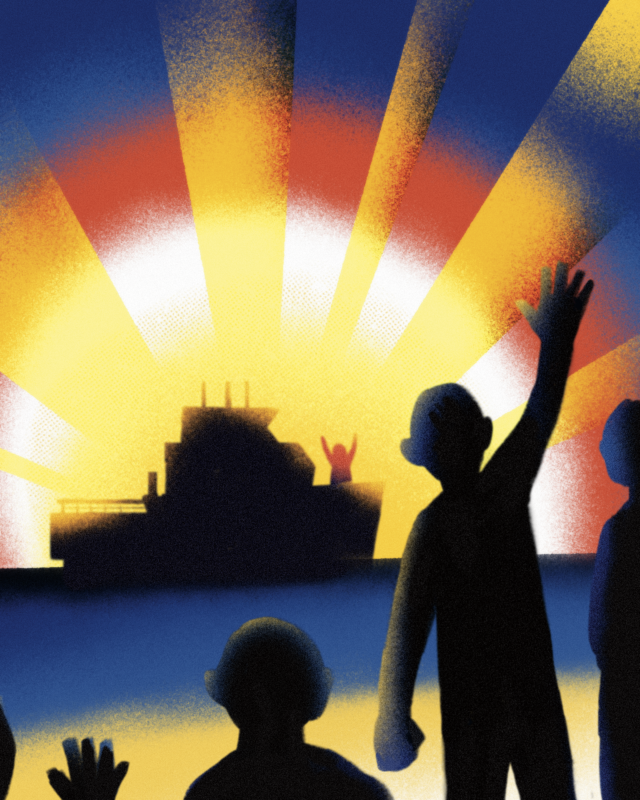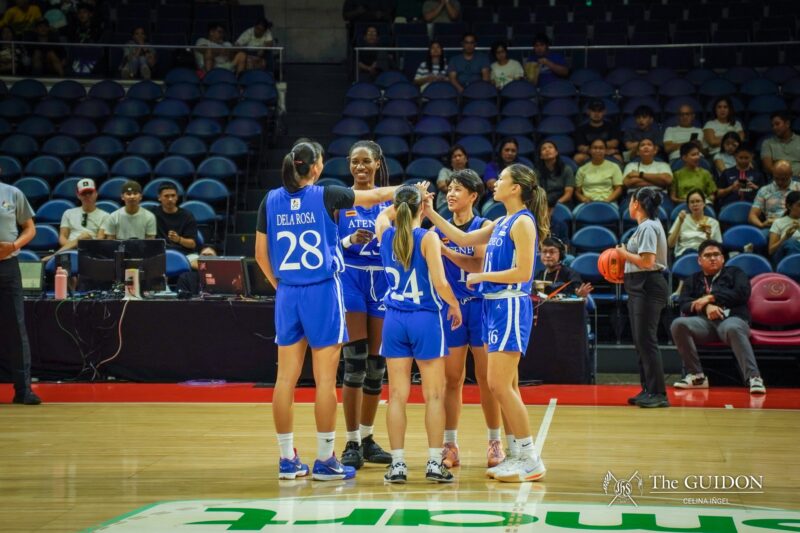I WAS starting to think I was a bad feminist.
In February last year, I convinced some friends to start an organization with me. Freshly inspired by the Vagina Monologues, I felt like I was walking into the year with a kind of newly smithed feminism and womanhood sharpened by literature and art. I entered my junior year determined to reignite and sustain the fire of feminism in the University—to be a woman for and with other women.
We called the organization Spaces for Women’s Art and Narratives. In short, SWAN— delicate, feminine, and feisty like the creature it alludes to. We colored ourselves with “Leni Robredo pink,” signifying hope and change, and a reclamation of gender and sexuality. With the color and the animal, SWAN made a space for itself in the Blue Eagles’ sky.
Where Atenean men used to howl at women like dogs was where my orgmates and I stood in September last year to recruit other feminists to join SWAN. But being recently part of another new organization that garnered over 200 members in its first year, I was a little disappointed at our turnout of seventy members. I thought more people, especially women, would be eager to join.
As SWAN progressed, I gradually found myself troubled by questions that doubted my own integrity as a feminist, which also extended to the organization. These questions scared me as I feared that my lack of knowledge and the underlying biases within these questions would tarnish my feminism.
As we posted art and literary pieces, I would ask myself if the image of a vulva would invalidate a transwoman’s experience of womanhood. Was the SWAN social media page too pink that people would think we’re reducing feminism to femininity? Would centering our posts on art and literature lead people to think SWAN’s feminism as a “white woman’s feminism,” and fear that term is misogynistic in itself? Why should SWAN focus on reaching out to women in this prestigious university while other and more marginalized women are suffering?
The last thing I wanted was to be a performative activist. But as SWAN’s leader and founder, I found myself questioning whether my feminism and politics were performing well enough to deserve the position I was in.
Slowly, this dread of being caught as an impostor pretending to be a feminist seeped its way into my personal life. I beat myself up in guilt for every woman’s vent in their Close Friends on Instagram that I failed to reply to, or for each time I was frustrated over another woman’s weaknesses as a co-worker and groupmate.
“Am I a girl’s girl?” I asked my friend earlier this month. She was the girl I first asked to start SWAN with.
“Yes,” she said. “Why do you ask?”
It remains to be true: Open conversations are a space of healing for women. When I began to open up about my internal struggle to other women, I found myself within a resonance: Other women also faced the same terrible scrutiny imposed by themselves and an invisible enemy. Yet as one friend said after she even sought her mother’s wisdom, “If you allow the pressure to hurt you, doesn’t that also do violence on yourself as a woman?”
I am reminded that perfectionism is a patriarchal, masculine concept that suppresses weaknesses and softness. With SWAN, I wanted to be a hero—perfect and strong, with unwavering strength that other girls can rely on. As a hero, I needed to be someone who could save us women from this terrible world. It would be weak to rely on others.
But the thing is, I do not have to be a hero. I cannot be a hero.
With SWAN, I only need to be a woman—imperfect and soft but persevering enough to carve out spaces where others may find healing and peace. And being a woman comes with needing other women and having the strength to say, “I need you.”
Because yes, beyond anything else, I am just a woman.
‘Just’—not as a form of diminishing—but as an act of unburdening all the pressures applied to women for being women. Yes, I am just a woman—nothing else but the sum of other women’s being and becoming.
Julia Hao is a junior in Creative Writing, tracking in Nonfiction. Her literary works and art have been published by UP’s Likhaan journal, Novice Magazine PH, Gantala Press, HEIGHTS Ateneo, and Perceptions International. She is also the Founding President of Spaces for Women’s Art and Narratives (SWAN). For more, you can reach her and read more of her works on her Instagram, @juliaavhao.
Editor’s Note: The views and opinions expressed by the opinion writer do not necessarily state or reflect those of the publication.




